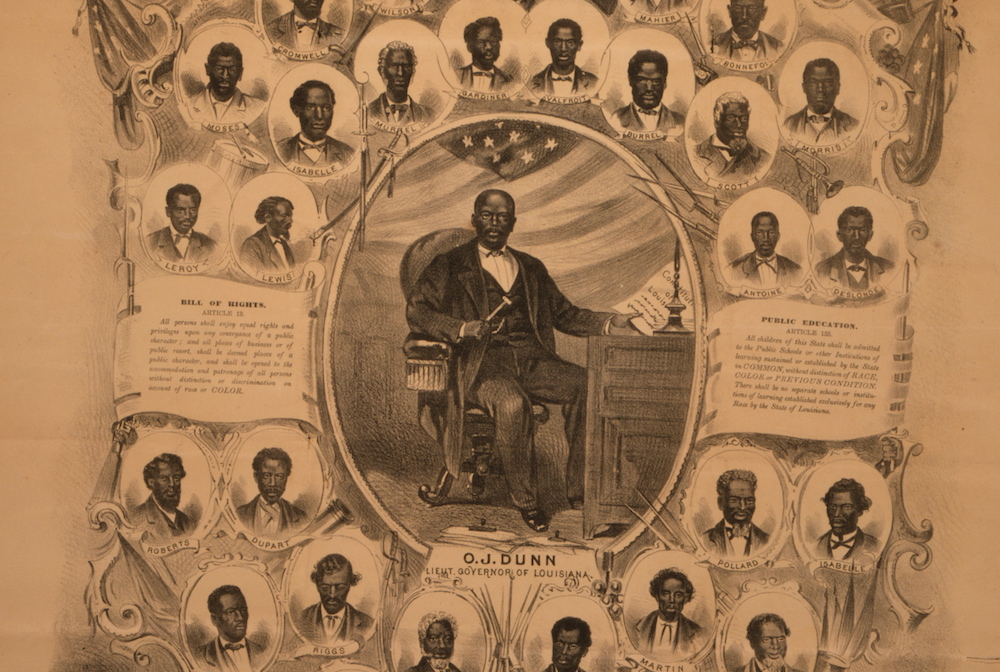Unraveling a Forgotten Massacre in My Louisiana Hometown
A History Teacher Discovers a Racially Driven Rampage That Still Haunts His Students' Lives
On a chilly Louisiana afternoon in October 1868, Louis Wilson left the courthouse, where he’d testified in an ongoing case. Wilson was a freedman living in St. Bernard Parish, a rural community outside the city of New Orleans. The Civil War had been over for three years, and the 14th Amendment, which gave Wilson full citizenship, had passed just three months before. Across the South, tensions were high because of the upcoming presidential election that would decide the fate of Reconstruction.
Wilson rode home alongside the winding Mississippi River, where …





